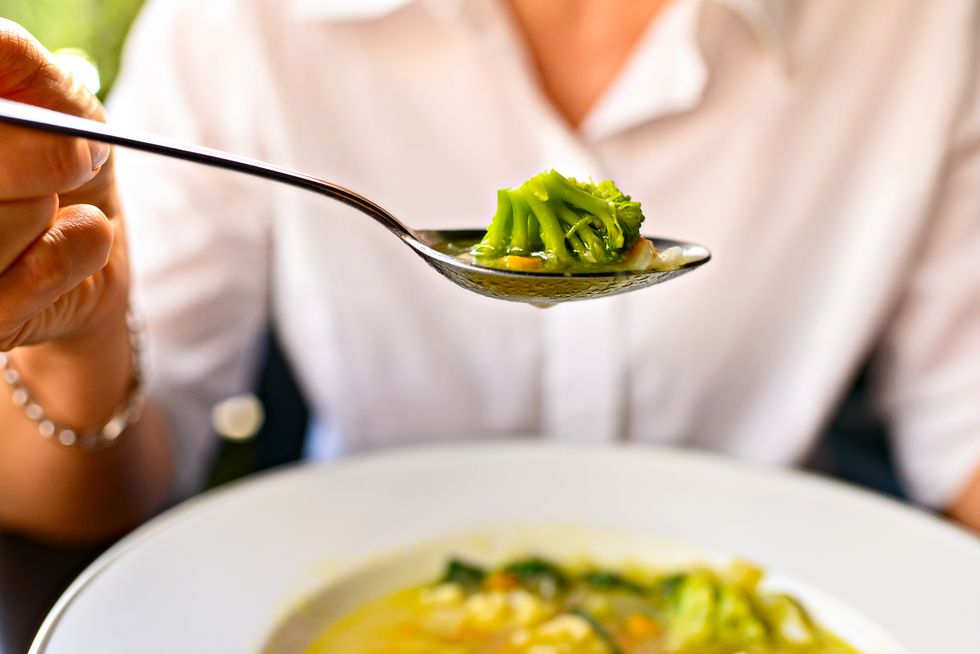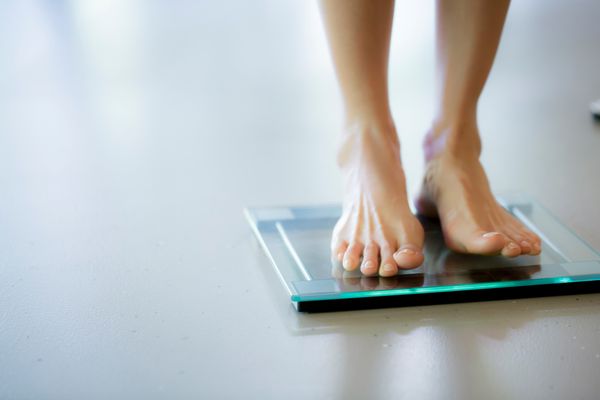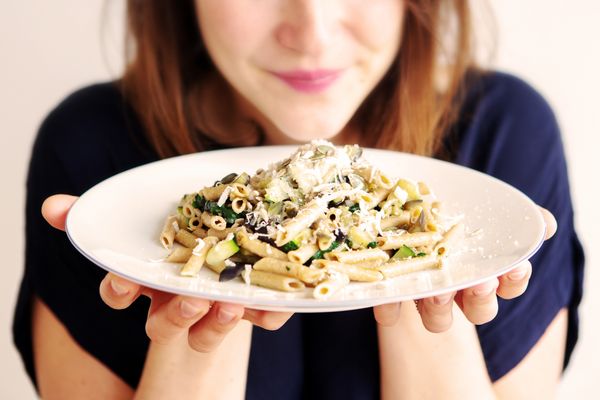If you think all calories are created equal, it's time you think beyond just numbers.
Yes, a calorie is a calorie in one sense: All calories have the same amount of energy (one dietary calorie has roughly 4.2 joules of energy).
And, yes, it's possible for an egg and a cookie to have the same calorie count and provide the same amount of energy for the body. But their metabolic pathways are quite different, and so is the way the food will make you feel and the way your body will use it and burn it for fuel. There's even a difference in the way it affects hormones and parts of your brain that control hunger.
Read more about 9 Signs You're Eating Too Much Sugar.
There are certain foods that are high in energy but low in nutritional value, and those provide empty calories. You'll find little of valuable things like dietary fiber, vitamins, minerals, amino acids or antioxidants in foods that mainly contain calories from solid fats and added sugars.
One example? Fast food, which, in 2013, made up an estimated 11.3 percent of calories eaten by people in the United States, according to the Centers for Disease Control and Prevention. Experts agree that this figure is way too high.
If you're looking to lose weight, it's important to use your calories wisely. Some foods are friendlier to the effort than others. Some will fill you up for less calories, while those that contain protein and dietary fiber can keep you full for longer.
Although not everyone requires the same number of calories each day, there are foods that work better than others to fill and nourish you at the same time. The National Heart, Lung and Blood Institute says that most women can safely lose weight on a diet of between 1,200 and 1,500 calories each day and should not consume less than 800 calories per day without the supervision of a health care professional.
1. Eggs.
Eggs once were demonized because of their cholesterol, but recent findings show they are not bad for you after all and won't raise blood cholesterol or cause heart attacks. The American Heart Association's guidelines call for healthy adults to eat one egg (or two egg whites) a day.
Eggs are high in protein and healthy fats. They're nutrient-dense and can help you feel full in exchange for very few calories (the average egg contains about 78 calories).
2. Cruciferous vegetables.
Nutrient-dense and containing cancer protection properties and tons of valuable nutrients, veggies like Brussels sprouts, kale, broccoli, cauliflower and cabbage are loaded with fiber and will fill you up and keep you feeling fuller longer. Filling half your plate with fruits and veggies will help you further decrease your total calorie count for the day. Try this recipe for Roasted Brussels Sprouts and Grapes.
3. Beans and legumes.
Kidney beans, black beans, lentils and others are high in protein and fiber (one cup of black beans contains a whopping 15 grams), which can help satisfy you and fill you up. They contain antioxidants, vitamins and minerals and slow-burning carbs and have been found in studies to improve blood sugar control and reduce heart disease risk for patients with type2 diabetes. An added perk: Because of their fiber, they can help prevent constipation and promote healthy bacteria in your colon. Try this Herbed Rice and Spicy Black Bean Salad.
4. The Mediterranean diet.
With all the diets out there, it can be tough to know which is really effective. A recent study published in The Lancet found a correlation between the Mediterranean diet and weight loss. The study was not done to help participants lose weight, but rather to prove that they could enjoy eating healthy fats without gaining weight or adding to their waist circumference. The Mediterranean diet is low in high-calorie processed foods and emphasizes plant-based foods including whole grains, legumes and nuts. An added perk: If you suffer from hot flashes or night sweats, the Mediterranean diet may provide relief, research finds.
5. Soups.
Soup is an example of a food that can fill you up without costing you many calories. Research shows that foods turned into a soup (with water added) rather than eaten whole helped people feel more satisfied and consume fewer calories. Just make sure your soup is not loaded with things like cream and salt, which can add calories and increase fluid retention and blood pressure. Check out The Best Soup Recipes for Weight Loss.
6. Cottage cheese.
High in protein and calcium (which may help in burning fat), cottage cheese has very few calories and carbs and very little fat. It can fill you up and keep you satisfied while providing valuable nutrition. Learn more about the Best Dairy for Weight Loss.
7. Avocados.
Yes, an avocado is mostly fat, but the fat in this fruit is healthy, because it's monosaturated fat, a "good" fat that helps lower bad cholesterol. Their high fiber content helps you feel fuller longer, and they're full of valuable vitamins and nutrients that do everything from help control blood pressure to nourish your eyes. Since they do contain a lot of calories, keep an eye on your intake and try to limit it to one-third of a medium avocado, which is about 1.7 ounces (one ounce contains 50 calories). Try this Sweet Summer Guacamole.
8. Nuts.
Like avocadoes, nuts are high in fat, but those fats are friendly to your heart. Along with their high fiber, protein, minerals and phytochemicals, nuts are filled with nutrition and can lower bad cholesterol levels and raise good cholesterol. A 2017 study of more than 373,000 people from 10 European countries found that eating nuts can reduce weight gain. The study also found that people who ate nuts were more likely to lower their risk of overweight and obesity. The study's author advises you to eat nuts during your meal and to put them in the center of your plate in place of animal products. However you eat them, don't overdo it—they're still high in calories.







